



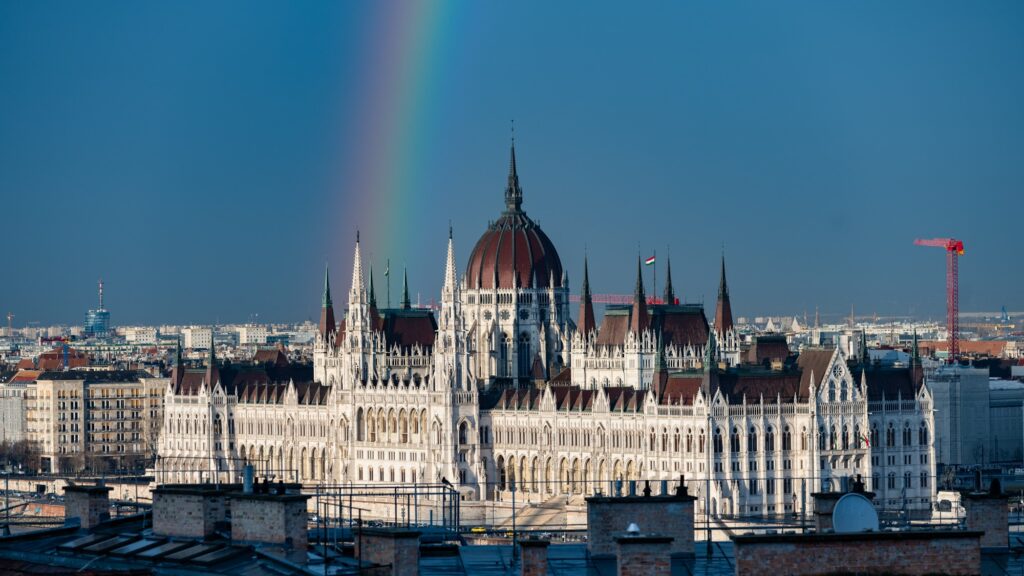
Hungary’s economic mood continued to improve in November, according to Századvég’s latest survey. Both households and companies reported stronger expectations, bringing confidence indicators to their best levels in more than three years despite ongoing geopolitical uncertainties.

15 schools across Hungary have received 220 refurbished laptops optimized for digital learning from the 4iG Foundation for a Digital Society, offering thousands of students new opportunities to develop digital skills and launch innovative projects.

Digital illiteracy significantly increases vulnerability to fraud: people who believe AI-generated fake content on social media are three times more likely to fall victim to scams, according to a new Visa study presented with the CyberShield initiative.
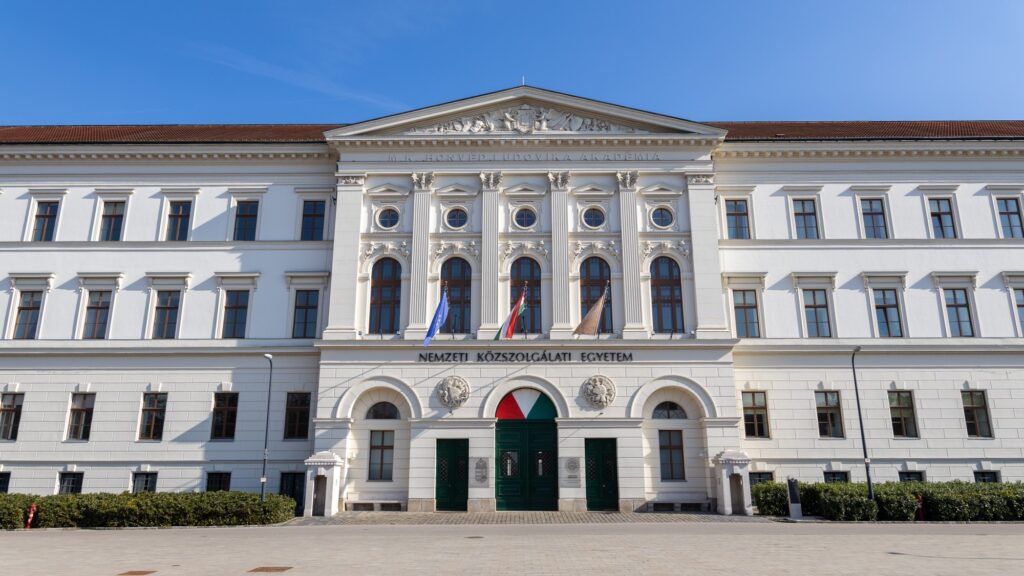
Hungary will not support the EU’s new Erasmus strategy until Hungarian students and researchers regain access to Erasmus and Horizon programmes, Minister Balázs Hankó said, calling their exclusion unlawful and politically motivated.

Budapest celebrated the 120th anniversary of the consecration of St Stephen’s Basilica with a light show, a festive mass, and a concert. Cardinal Péter Erdő highlighted that the basilica’s history reflects a path shaped by divine providence.

Hungary can still stop the spread of the drug trade if it sharply reduces access to narcotics, government commissioner László Horváth said on public radio, warning that Western Europe’s liberal policies have failed and that zero tolerance remains necessary.
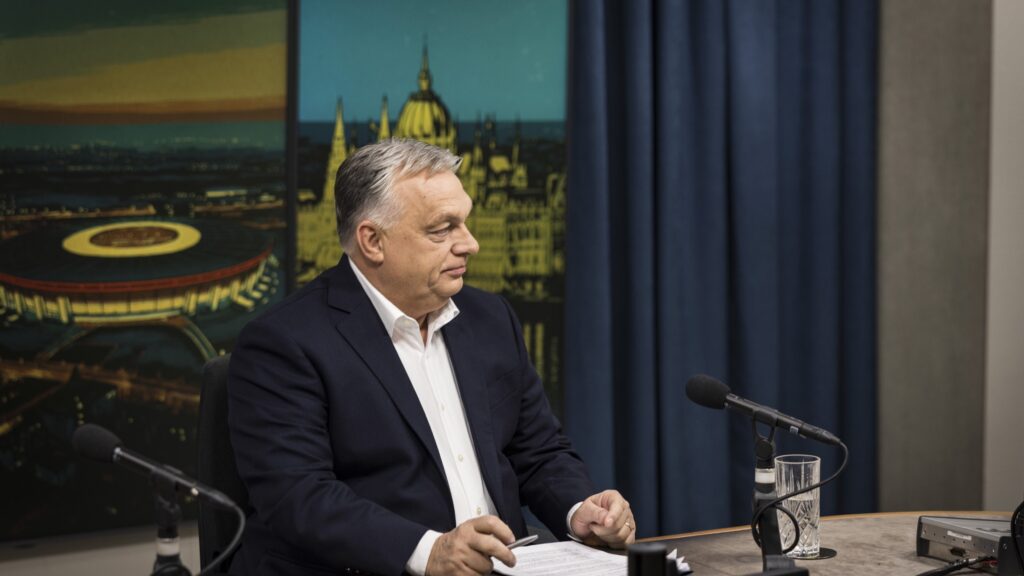
Prime Minister Viktor Orbán warned that certain European leaders are pushing the continent toward war, insisting Hungary will not divert significant budget funds to Ukraine. He said Brussels must reverse its current course and avoid escalating the conflict.

Hungary’s new Defence Centre in Nyíregyháza aims to present the world of the military in a more engaging, hands-on way. Opened on Thursday, the facility offers interactive experiences designed to bring the armed forces closer to people of all ages.
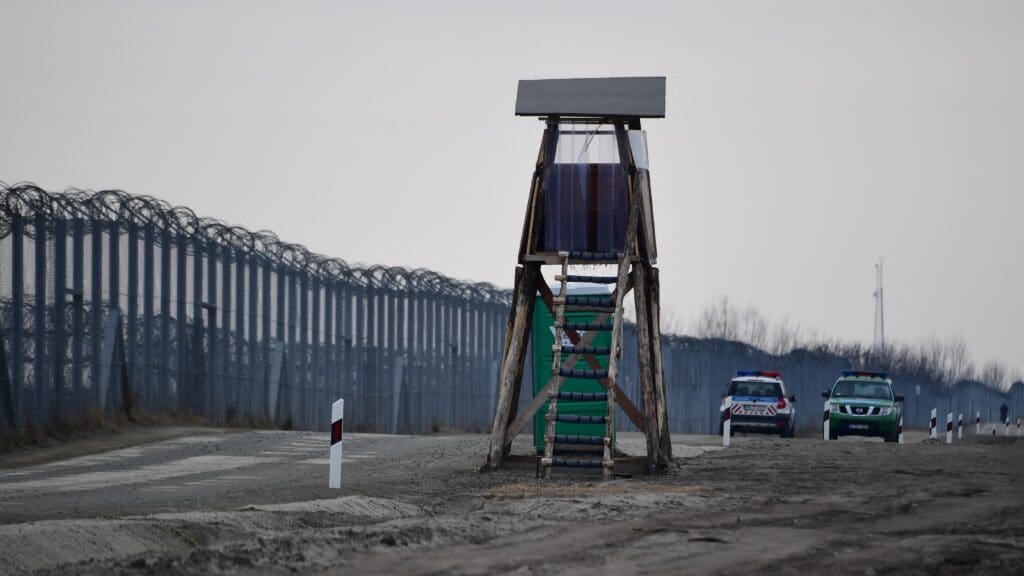
Hungary rejects the EU’s latest migration report, arguing it ignores the reality at the country’s borders. Security adviser György Bakondi says the apprehension of 12,000 border violators this year proves that police and border hunter forces remain essential.

Budapest’s housing market is shifting as mid-range districts gain traction and traditionally expensive Buda areas lose momentum. The trend is driven by the Otthon Start programme and new Airbnb restrictions, according to fresh data from Duna House.

The Patriots for Europe group sought a plenary debate on corruption cases in Ukraine and the risks linked to EU financial aid, but their proposal was rejected by the left, liberal, and EPP majority in the European Parliament, prompting renewed criticism over transparency and accountability.
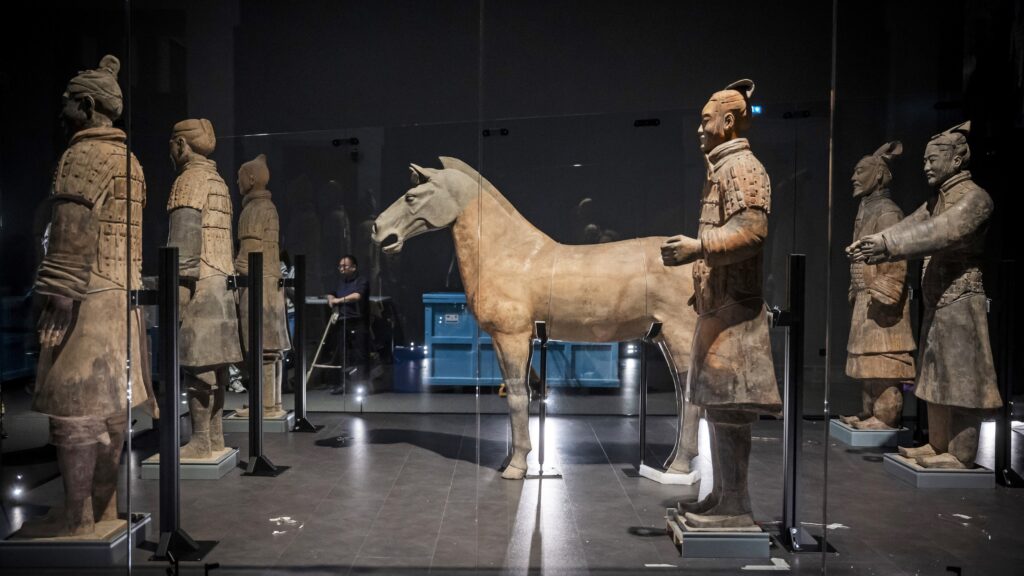
The first terracotta warriors have arrived in Budapest for the Museum of Fine Arts’ major new exhibition, Guardians of Eternity, opening in late November. The large-scale show, unprecedented in Central Europe in 25 years, will feature original artefacts from China’s First Emperor.
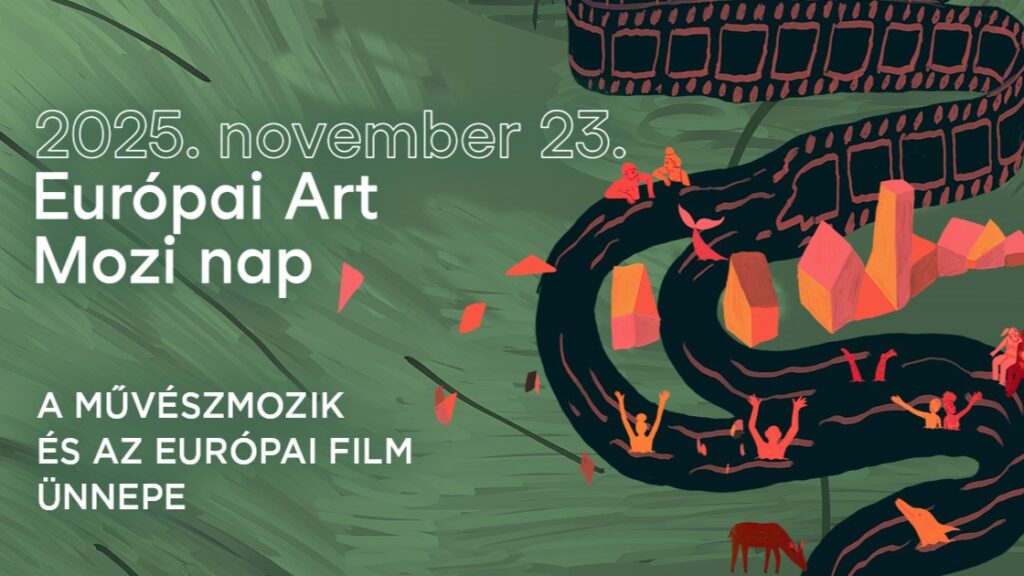
More than 100 screenings, including festival award contenders and two Hungarian premieres, will be held across 27 art cinemas nationwide this Sunday as Hungary joins the 10th European Arthouse Cinema Day, organizers announced on Wednesday.

A new AI-based vision model developed by researchers at the HUN-REN Wigner Research Centre for Physics could advance the understanding of brain function while making machine vision systems more accurate and reliable, the institute announced on Tuesday.
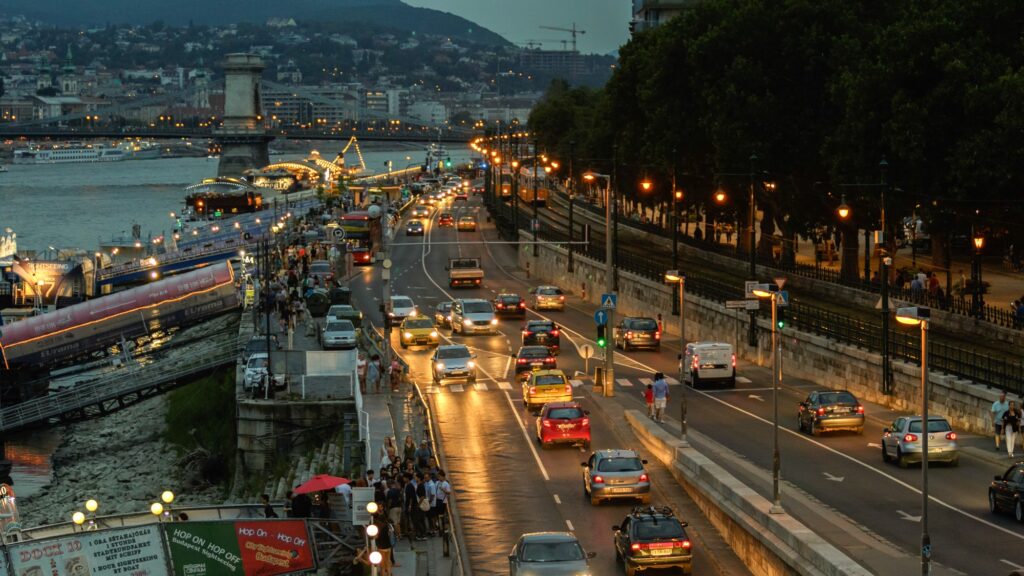
The government will begin talks with municipalities in January on reforming the solidarity contribution system, but no changes are considered realistic before the elections, Minister Tibor Navracsics said in an interview published on Tuesday.
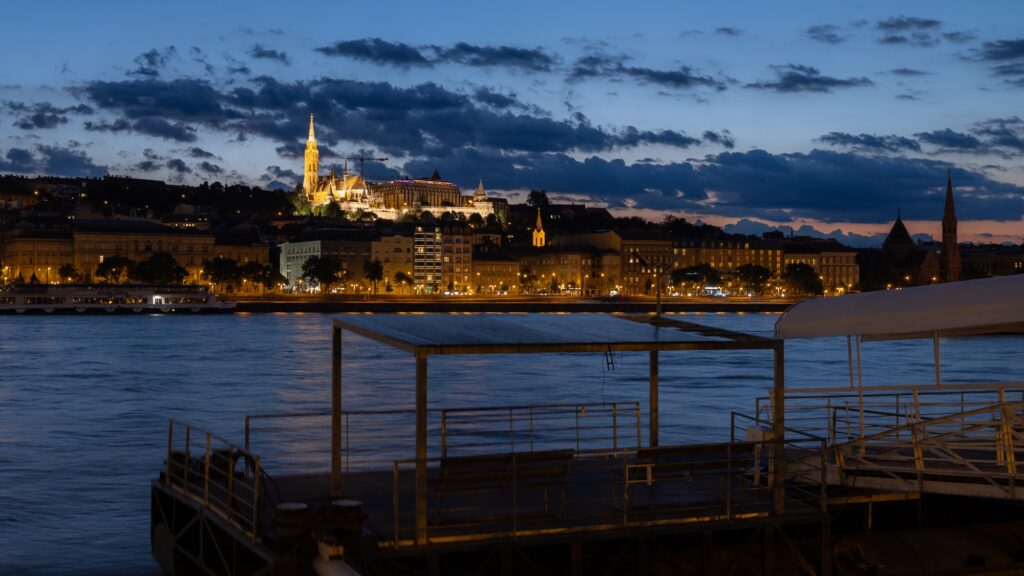
Hungary has become China’s most important economic partner in Europe outside the EU, with nearly a third of all Chinese investment headed to Europe last year arriving in Hungary, Foreign Minister Péter Szijjártó said on Tuesday in Budapest.

Hungary’s upcoming war drama Dragons over Kabul uses an unprecedented scale of CGI to recreate the 2021 Kabul evacuation mission. The filmmakers say the production aims to honour the dedication, courage and sacrifice of Hungarian soldiers.
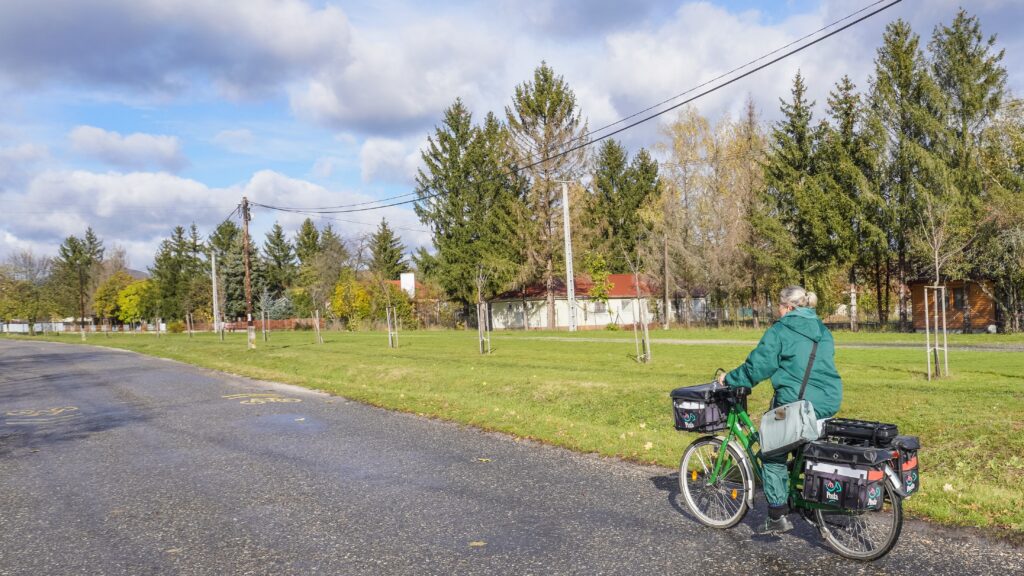
Hungary’s average gross monthly wage reached 687,100 forints in September 2025, while net earnings rose to 475,100 forints. Both gross and net wages increased by around 10 per cent year-on-year, with real wages growing by 5.5 per cent, according to the latest KSH data.
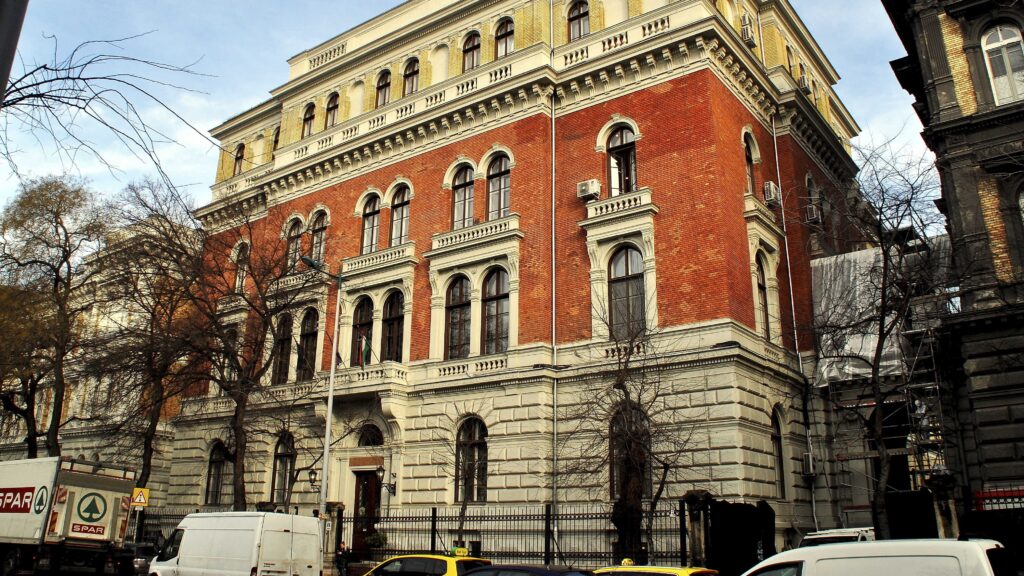
Semmelweis University has been named Central Europe’s top institution, and Hungary aims to elevate it into the ranks of Europe’s and the world’s leading universities, officials said at the opening of the university’s new Diagnostic and Therapeutic Centre in Budapest.
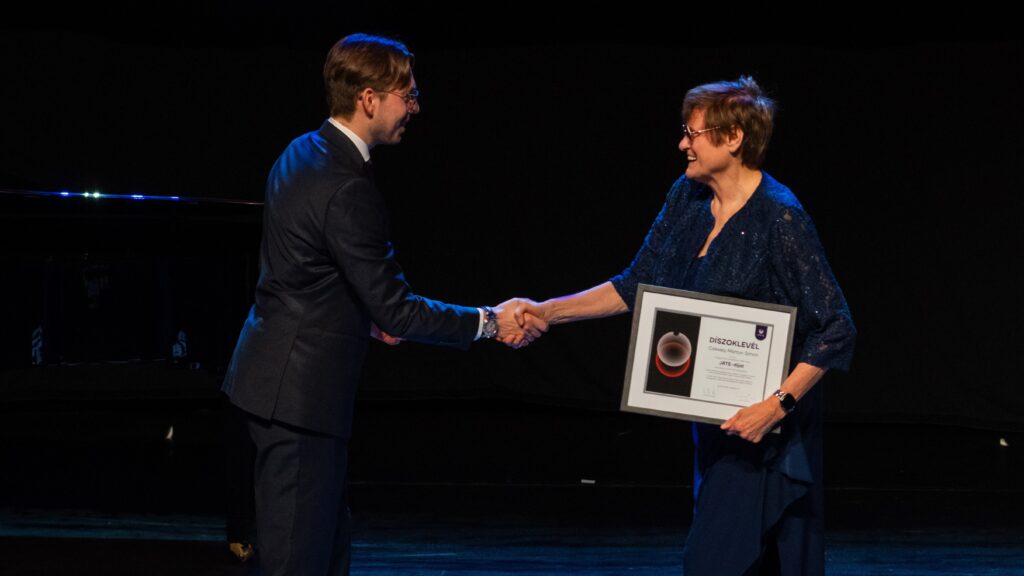
The newly established JATE Awards—founded by Nobel laureate Katalin Karikó—were presented for the first time at a gala at the University of Szeged. Honorees included literary historian Mihály Ilia, chemistry professor Ágota Tóth and medical researcher Márton Simon Czikkely.
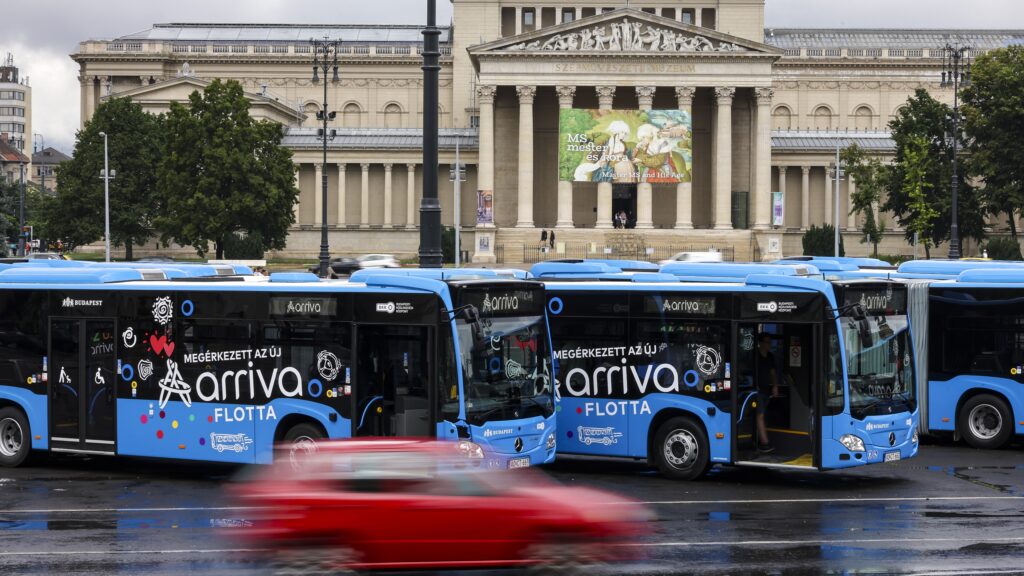
Budapest launches test runs for its new electric bus fleet on Monday, with the vehicles expected to enter regular service earlier than planned, already in early December. The rollout marks a major step toward expanding electric transport across the city.

Hungarian folk tales, traditional dance and the legacy of a Hungarian architect who helped shape Shanghai are at the center of the Hungarian Cultural Week, opened Friday at the historic Park Hotel by Hungary’s Consulate General in Shanghai.

Prime Minister Viktor Orbán said in his regular Friday morning radio interview that the US president ‘likes Hungarians and hates war,’ adding that Hungary’s exemption from energy sanctions will remain secure for as long as Donald Trump is in office. He also highlighted recent government measures, including the 14th-month pension and increased child-protection funding.
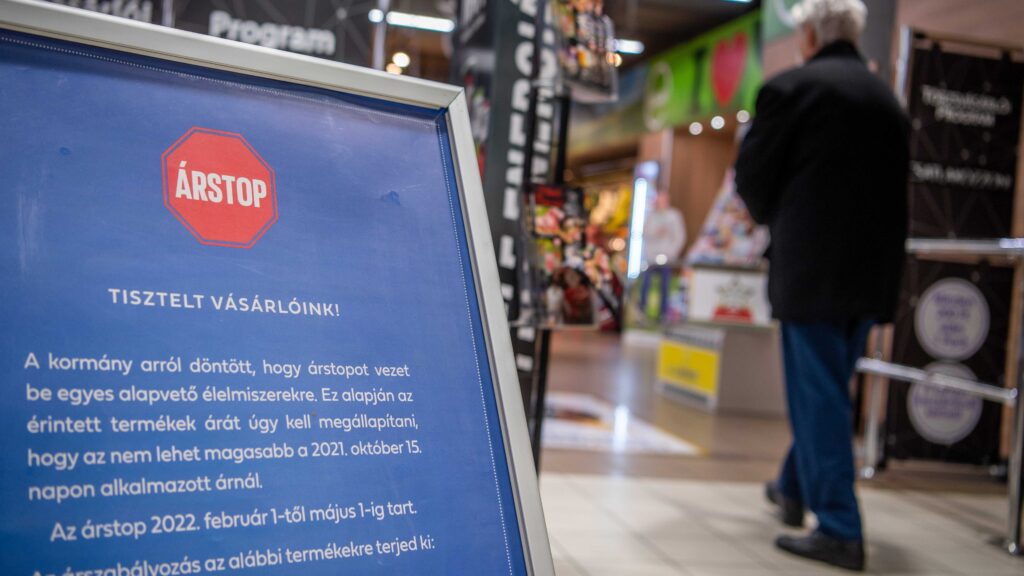
Hungary’s government says it is standing with citizens rather than ‘profit-driven multinationals’, extending its price-margin reduction measures until 28 February 2026 and expanding them to 14 additional food products from 1 December to protect families and pensioners.
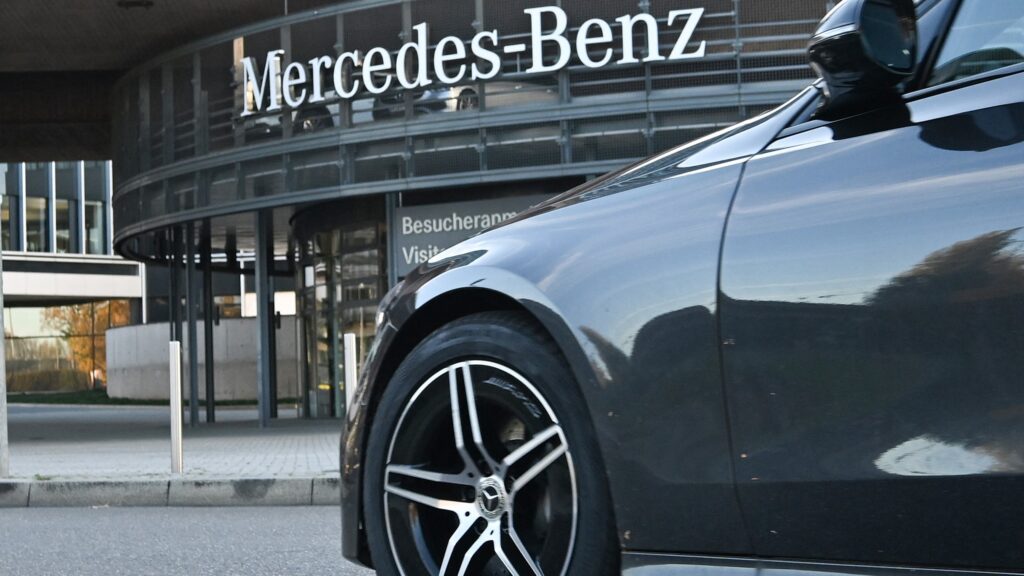
Mercedes-Benz is establishing its first research and development centre in Hungary with an investment worth tens of billions of forints, further strengthening the country’s role in the global automotive transformation, Foreign Minister Péter Szijjártó announced in Kecskemét.

Hungarian Air Force Gripen fighters have conducted 20 real NATO air alerts in the past three and a half months as part of the Baltic Air Policing mission, which safeguards the airspace of Estonia, Latvia, and Lithuania, the mission commander said in Lithuania.

Online anxiety has become one of today’s most pressing mental health issues, experts warned at the ‘Under Pressure – Our Anxieties in the Real and Virtual World’ conference held on Wednesday in Budapest, Hungary.
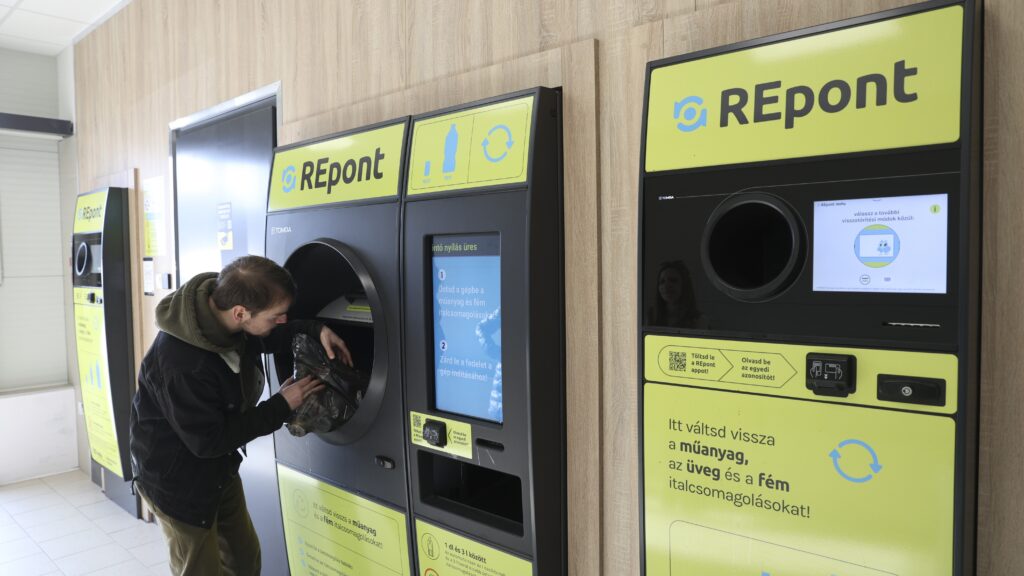
More than 82 million forints have been collected through Hungary’s bottle return donation system. Until 31 December, those using REpont machines can choose to donate their refunds to support disadvantaged children and families.
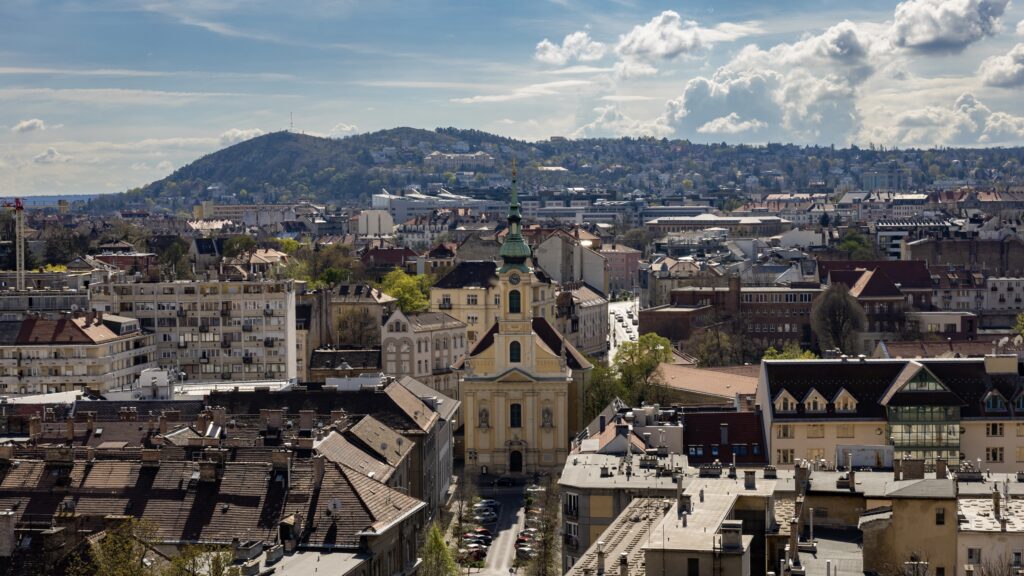
Rental prices in Hungary continued to decline in October 2025, with Budapest rents falling by 1 per cent and the national average by 0.7 per cent, according to the KSH–ingatlan.com Rent Index. This marks the sharpest two-month drop since late 2020, during the COVID-19 pandemic.
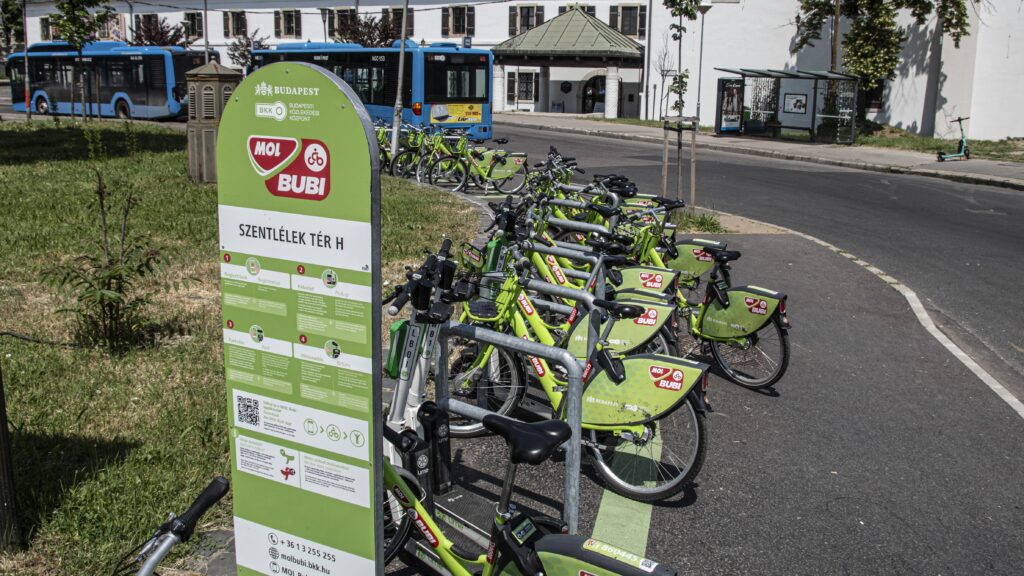
Budapest’s bike-sharing system, MOL Bubi, will introduce a new 500-forint winter pass available from 23 November until 23 December, when the current service contract expires. A next-generation system with more bikes, including e-bikes, is expected to launch next year.